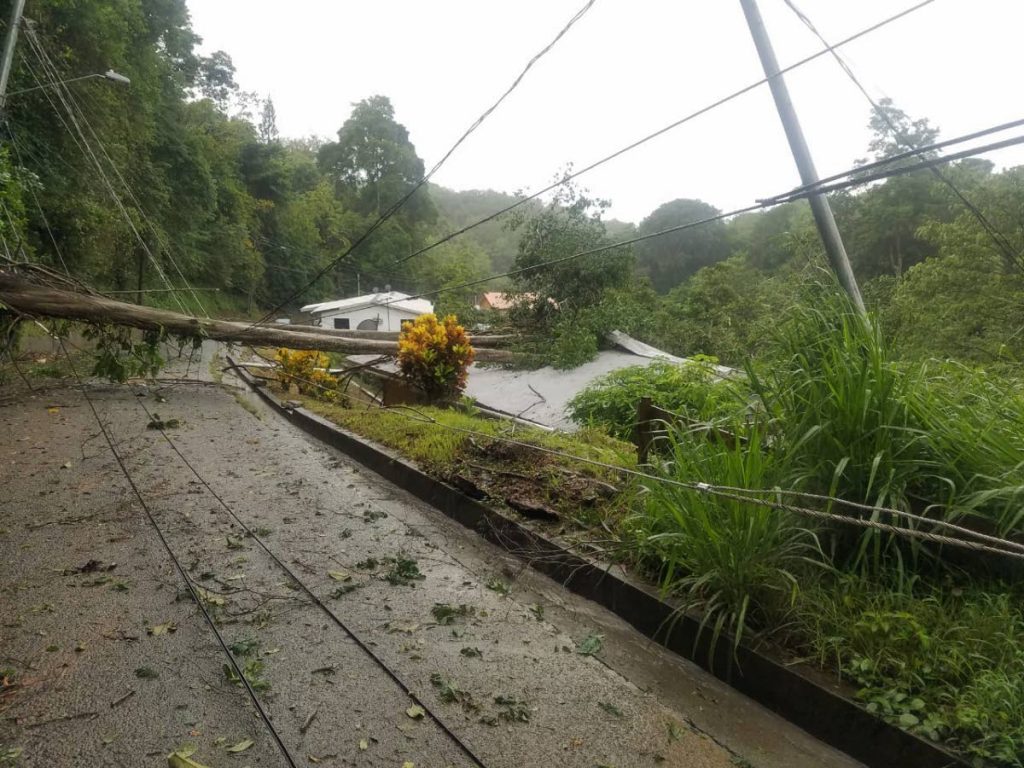Tobago economic census makes sense

We welcome the plan by the Central Statistical Office (CSO) to conduct an individual economic census for Tobago in 2020. This will be the first such census conducted by the CSO. It’s long overdue.
For too long have Tobagonians complained that their needs have not been properly understood or catered for by the central government. Of a $4.72 billion request set out by the Tobago House of Assembly (THA) for 2020, the Government has allocated $2.3 billion — 4.3 per cent of the national budget and consistent with the recommendations of the Dispute Resolution Commission.
However, in addition to this, Tobago has been granted approval for $300 million in bond financing, $110 million in urgent climate change funding from the Development Bank of Latin America (CAF) and an allocation of another $987.1 million in expenditure through various government ministries and statutory authorities. While this totals less than what was asked for, it underlines the myriad ways the State provides for Tobago’s needs, often through under-appreciated means.
Still, it’s a good idea to identify what is unique about Tobago and the factors that set its economy apart. This is useful to take stock of where the island’s economy is in order to more strategically chart a course forward. Culturally and environmentally, Tobago has resources that could be leveraged in a way that sets it apart on the international market. It’s high time all efforts at bolstering its economy incorporated these elements in a meaningful way.
It’s also important to gather data identifying the key stakeholders that are the driving force of the economy. Knowing the terrain is an essential part of any collaborative effort between Scarborough and Port of Spain.
All of this comes in the context of two pressing economic imperatives: the need for Tobago to become self-sufficient in its development of revenue streams and the overall need to diversify the Trinidad and Tobago economy. There is a pressing need for faster development on both counts.
The CSO’s intervention will hopefully result in more that can be used when it comes to strategic planning and investment. The individual economic census will also hopefully rebalance the sometimes distorted view that emerges due to the undifferentiated nature of past approaches to date collection.
“A lot of the data we collect, we collect it for TT,” notes director of statistics Sean O’Brien. “And some of the designs at present cannot foster separate national data. But because of the idiosyncrasies of the Tobago economic environment, and because the THA is so integrated into the Tobago socio-economic climate, we recognise the need to forge a greater partnership with them.”
Safeguards with regard to private and sensitive information should be deployed in order to give the census the best chance of garnering support on the ground. This exercise could provide a model of how these assessments should be done, serving as a blueprint for a wider assessment on a national level. It’s in everyone’s interest, therefore, that the CSO gets this exercise right.


Comments
"Tobago economic census makes sense"